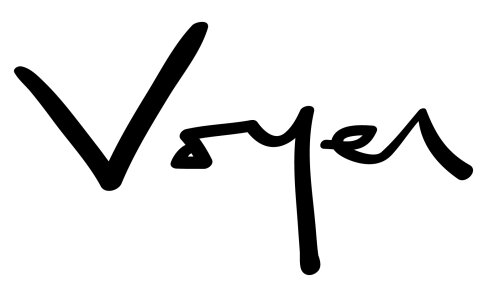Best Patent Lawyers in Vancouver
Share your needs with us, get contacted by law firms.
Free. Takes 2 min.
List of the best lawyers in Vancouver, Canada
About Patent Law in Vancouver, Canada
Patent law in Vancouver, Canada, is governed by the Canadian Intellectual Property Office (CIPO) and the Patent Act. A patent provides inventors with the exclusive right to make, use, and sell their invention for a set period of time, usually 20 years. To obtain a patent, inventors must file an application with CIPO and meet certain criteria, such as novelty and inventiveness.
Why You May Need a Lawyer
You may need a lawyer for patent-related issues such as drafting and filing a patent application, conducting a patent search, responding to office actions from CIPO, or enforcing your patent rights against infringers. A lawyer can provide valuable legal advice and help protect your intellectual property rights.
Local Laws Overview
In Vancouver, Canada, patent laws are in accordance with the Canadian Intellectual Property Office (CIPO) and the Patent Act. It is essential to understand the specific requirements and procedures for obtaining a patent in Vancouver, as well as the rights and responsibilities that come with patent ownership.
Frequently Asked Questions
1. What is a patent?
A patent is a form of intellectual property that gives the inventor exclusive rights to their invention for a set period of time.
2. How long does a patent last?
A patent typically lasts for 20 years from the date of filing the application.
3. What can be patented?
Inventions that are novel, non-obvious, and industrially applicable can be patented. This includes processes, machines, compositions of matter, and improvements thereof.
4. Do I need a lawyer to file a patent application?
While it is not required to have a lawyer to file a patent application, seeking legal advice can help ensure that your application meets all requirements and increases the chances of it being approved.
5. How much does it cost to obtain a patent?
The cost of obtaining a patent can vary depending on the complexity of the invention and the services needed. It is advisable to consult with a lawyer for a more accurate estimate.
6. What rights does a patent give me?
A patent gives the inventor the exclusive right to make, use, and sell their invention, preventing others from doing so without permission.
7. What is a patent search?
A patent search is conducted to determine if an invention is novel and non-obvious, helping to assess the likelihood of obtaining a patent and avoid infringing on existing patents.
8. What is a patent infringement?
Patent infringement occurs when someone makes, uses, sells, or imports a patented invention without the patent holder's permission.
9. How can I enforce my patent rights?
If you believe someone is infringing on your patent, you can take legal action by sending a cease and desist letter, filing a lawsuit, or seeking damages for the infringement.
10. Can a patent be renewed?
No, a patent cannot be renewed once it expires. However, you may be able to obtain additional protection for improvements or modifications to the original invention.
Additional Resources
For more information on patent law in Vancouver, Canada, you can visit the Canadian Intellectual Property Office (CIPO) website or consult with a qualified patent lawyer in your area.
Next Steps
If you require legal assistance with patent-related matters in Vancouver, Canada, it is advisable to schedule a consultation with a patent lawyer who can provide tailored advice and guidance based on your specific needs and circumstances.
Lawzana helps you find the best lawyers and law firms in Vancouver through a curated and pre-screened list of qualified legal professionals. Our platform offers rankings and detailed profiles of attorneys and law firms, allowing you to compare based on practice areas, including Patent, experience, and client feedback.
Each profile includes a description of the firm's areas of practice, client reviews, team members and partners, year of establishment, spoken languages, office locations, contact information, social media presence, and any published articles or resources. Most firms on our platform speak English and are experienced in both local and international legal matters.
Get a quote from top-rated law firms in Vancouver, Canada — quickly, securely, and without unnecessary hassle.
Disclaimer:
The information provided on this page is for general informational purposes only and does not constitute legal advice. While we strive to ensure the accuracy and relevance of the content, legal information may change over time, and interpretations of the law can vary. You should always consult with a qualified legal professional for advice specific to your situation.
We disclaim all liability for actions taken or not taken based on the content of this page. If you believe any information is incorrect or outdated, please contact us, and we will review and update it where appropriate.









